Global / Regulatory Data Base Checks
Checking an individual’s information against global and regulatory databases to find any red flags regarding their personal or professional history is known as a global/regulatory database check. Information about criminal and financial crimes may be found in these databases.
Employers and organisations frequently perform background checks on applicants or employees using global or regulatory database searches, particularly for positions requiring a high degree of trust or access to confidential data or resources, like those in the financial, medical, or governmental sectors. Also, they can be utilised by private citizens to verify their own information or by law enforcement authorities conducting investigations.
The global/regulatory database check process typically involves searching various databases, such as Interpol’s databases or watchlists, financial regulators’ databases, or other government or private databases, for any relevant information related to the individual. This may include checking for sanctions or embargoes, politically exposed persons, or other potential risks.
Employers or organizations should also ensure that any information obtained through global/regulatory database checks is used only for the purpose of assessing the candidate or employee’s suitability for the role and is stored securely to prevent unauthorized access or disclosure. Additionally, employers or organizations should be aware of potential issues related to discrimination or bias and ensure that global/regulatory database checks are conducted fairly and consistently for all candidates or employees.
